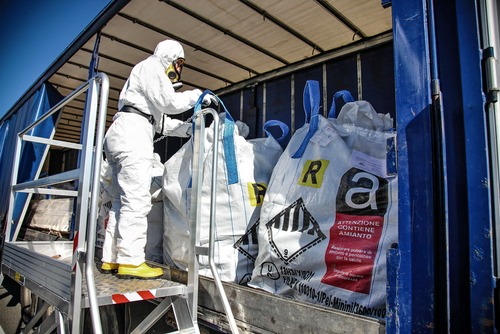Injured at a College House Party? Can You Sue?
All too often, college house parties get out of control and someone is injured as a result. What many people don’t know, however, is that you may have a right to financial compensation for your injuries.
Party-related injuries can be grounds for a personal injury suit because of the “premises liability” concept. Premises liability is the legal term that assigns liability to property owners for injuries caused by dangerous conditions, lack of maintenance, or certain other factors on their property. Premises liability can cover everything from faulty stairs to a wet floor that causes someone to slip and fall. This legal concept applies to commercial buildings, residences, and public property alike, although there are usually different levels of fault and negligence required for each type of property.
One important aspect of premises liability law is social host liability. In states that recognize social host liability, such as New Jersey, the host of a social gathering can be held liable for harm caused by intoxicated guests. For example, say a student throws a large holiday party, where someone drinks too much punch and gets in a fight with another partygoer. The partygoer, who suffered a facial fracture and other medical complications, could sue the person who threw the punch, as well as the host who allowed him to get belligerently drunk.
When it comes to college parties, it is important to note that the host does not have to physically serve the alcohol to guests in order to be liable. Even if guests serve themselves (i.e. from a communal punch bowl or table of liquor), the host is responsible for making sure people don’t become overly intoxicated. It is also important to keep in mind that the partygoer does not have to be visibly intoxicated in front of the host in order for the host to be liable; so long as the alcoholic beverages were provided “under circumstances manifesting reckless disregard of the consequences” to someone else, creating an unreasonable risk of harm to life and property, the host could be found liable. Using the previous example, even if the partygoer served himself all night and never even saw the host of the party, the host could be found liable for providing the alcohol and failing to prevent him from getting drunk and injuring someone.
Social host liability laws are a by-product of “dram shop laws,” also known as liquor liability laws. Dram shop laws hold bars, taverns, restaurants, and other alcohol-serving establishments responsible for injuries incurred by drunk patrons. Servers of alcoholic beverages are not legally permitted to serve alcohol to visibly drunk patrons; if they breach this duty and over-serve anyway, they could be held liable for injuries caused. Under New Jersey law, a licensed alcohol server is negligent only if he or she serves a “visibly intoxicated patron,” meaning someone who is “in a state of intoxication accompanied by a perceptible act or series of acts which present clear signs of intoxication.”


















